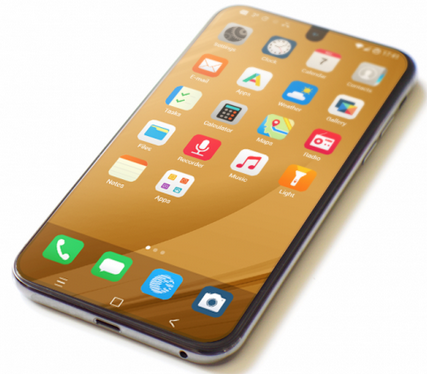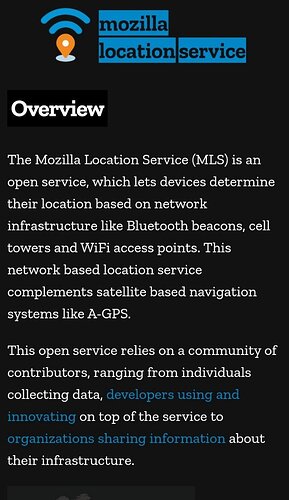In a recent blog article that made some buzz, some concerns have raised about potential personal data collection in some Qualcomm chipsets used in popular smartphones running /e/OS.
When discovering this post today, we’ve been suprised to discover its content because the facts that are described there are not new, and because we’ve not been contacted by the author before publishing, which would have been a more constructive approach.
So let’s discuss the points that have been raised:
1- Connections to [2022-05-12 22:36:34] android.clients.google.com
This is linked to the OS registration against google servers, which is needed by microG to enable push notifications. This has been explained in the past:
- https://doc.e.foundation/calls_to_google_servers.html
- https://community.e.foundation/t/e-page-says-e-is-ungoogled-degoogled-why-is-e-then-connecting-to-google/40707/59
2- Connections to izatcloud.net
Those calls are triggered by some Qualcomm GPS chipsets to improve the GPS location service. The service in question is called A/GPS and is using the SUPL protocol. More information at: https://en.wikipedia.org/wiki/Assisted_GNSS
Are those calls legit? Yes. Those are well known protocols, well described and described in Qualcomm public documentation.
Are those services common? Yes. Qualcomm, Mediatek have it, probably some other chipsets use similar protocols as well.
Do this service process personal information? Yes. In most case it will send at least the device’s IP address, some location information and possibly other data in some case (device id…), which are considered personal information.
Is it legal? Probably not legal in the EU without users’ explicit user’s consent. Under the terms of GDPR, it would need user’s prior approval. We will investigate about this to figure out if and how it is possible to implementation an explicit opt-in for this service for /e/OS EU users.
Is it problematic? Yes and No.
Yes because it is likely sending some personal information to Qualcomm, and we have no certitude what they are doing with this information.
Yes because it’s probably not legal in regard to the GDPR without explicit user consent.
No because it’s generally a limited set of information (IP address, location…) and it’s unlikely used by Qualcomm to track users and make some business from it. It could be used to track targeted people though, on a government request.
What can /e/OS do?
The SUPL-A/GPS case is well-know for a long time. Though it’s probably a low impact case in term of user’s privacy, we are evaluating how to prevent or mitigate it in /e/OS.
Options we have today:
- Block SUPL requests using /e/OS’ Advanced Privacy tracker control. But that would probably kill the A/GPS service, making the GPS location service very, very slow.
- Proxy SUPL requests to anonymize their originr. That’s an option but it can be blocked if we send too much traffic to the SUPL servers. This would likely happen because /e/OS has a lot of users, and would have an impact in term of service continuity.
- Figure out how /e/OS users can use Advanced Privacy IP scrambling features to fake SUPL calls origin IP address.
- …?
Stay tuned.
Gaël
Regain your privacy! Adopt /e/ the unGoogled mobile OS and online services
